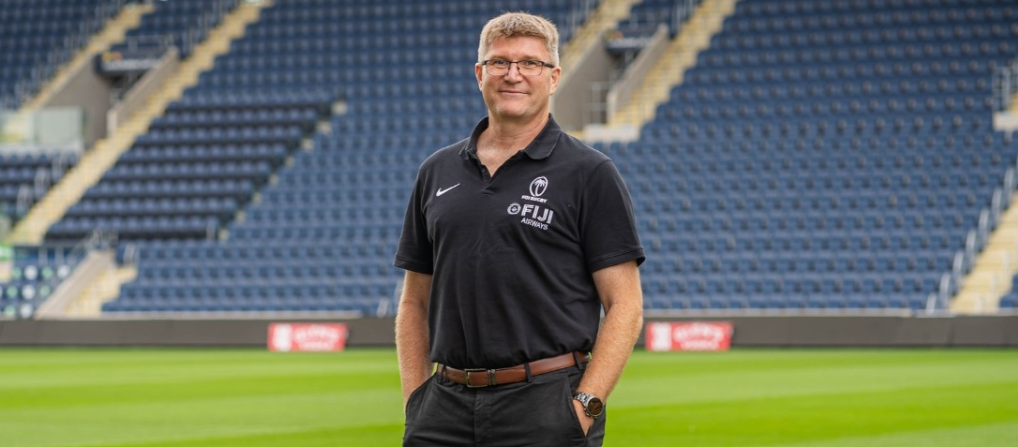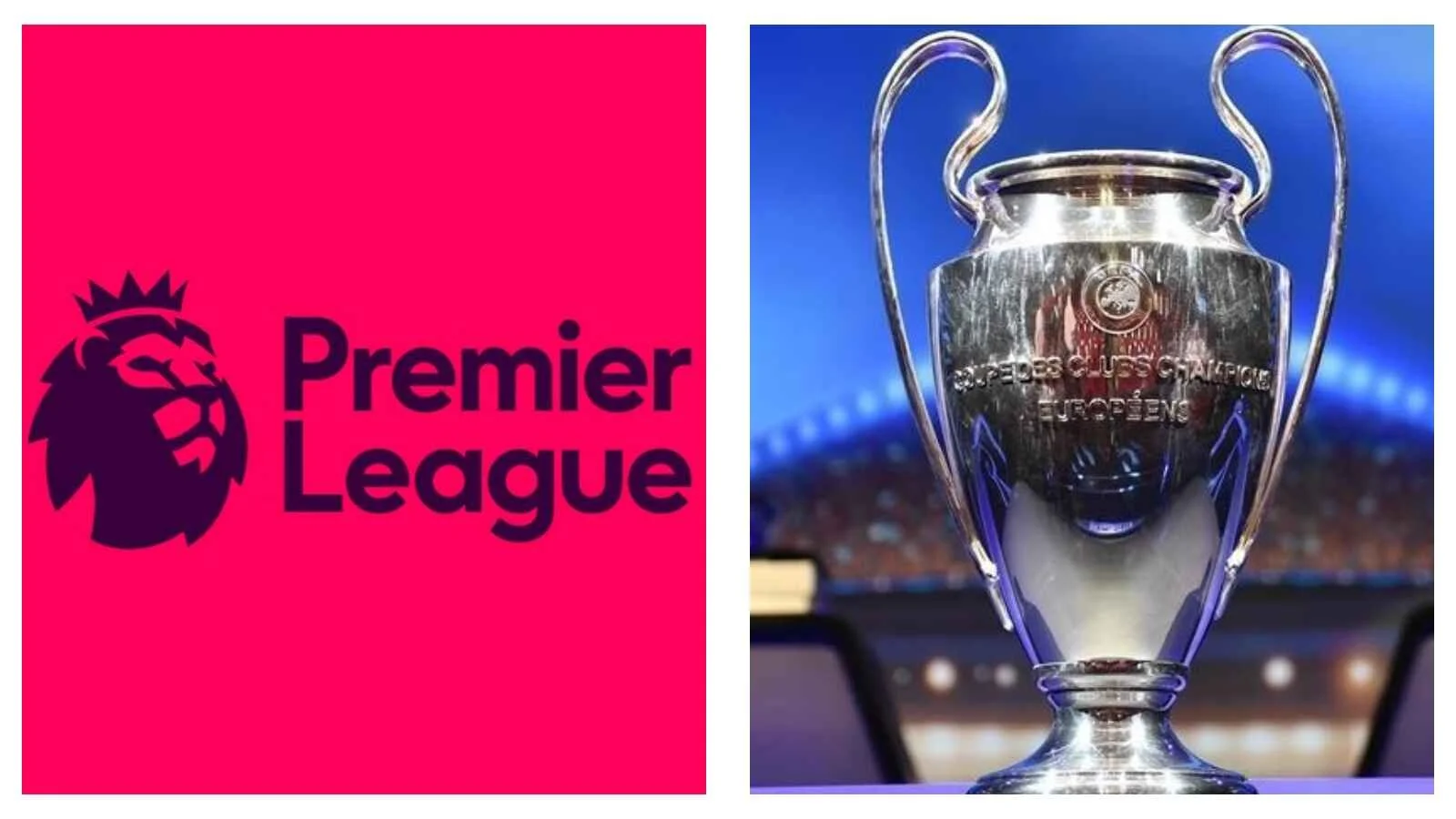Why most teams fail at high performance - And how to fix it
Simon Hartley is a world-renowned sport psychology consultant and high-performance coach whose work spans nearly three decades in elite sport.
From the English Premier League and Bundesliga to Olympic teams and Michelin-starred chefs, he has guided leaders, teams and individuals toward peak performance.
As a mental health speaker, Simon brings deep insight into mindset, resilience and psychological safety, helping people not only win in sport but thrive in complex, high-pressure environments.
He has authored multiple books, developed world-class teams, and worked with organisations like Adidas, GE, Siemens and Sky to elevate leadership, teamwork and wellbeing.
In this exclusive interview with The High Performance Speakers Agency, Simon shares what separates good teams from world-class ones, how you can cultivate mental toughness in your organisation, and why the Olympic mindset matters beyond sport.
Q1: From your research into elite teams, what qualities truly distinguish high performers in the workplace?
Simon Hartley: “I’ve spent quite a few years researching the very best teams in the world, and I tend to do it by working with them and studying them in combination. Over the years I’ve noticed that there are some common qualities that they all have.
“I identified six common qualities. The foundation, from my point of view, is that they have what I call a strong, clear, shared purpose - which is more than a common goal.
“It’s an understanding that what we do matters. We don’t just want to achieve the trophy in sporting terms because it’s there; it’s because it’s important to us and we understand why.
“They also have a shared standard and expectation. They all understand what “good enough” looks like in the same way, and when they have that, they can all work towards raising the bar, or raising the floor as I call it, and really pushing the standard of what they do.
“The third quality is that they have a total appreciation for everybody in the team. They understand the size and the shape of all the cogs in the machine, how they all work together, why everybody in there is vital, and how everybody contributes.
“The fourth is that they draw strength from their diversity. This means that they get the best from everybody, which sounds obvious, but it’s actually very rare that leaders and teams really get the best from everyone within the team.
“The fifth quality is that they can have complete honesty. There are conversations that some teams don’t have because they’re too difficult. The very best teams in the world genuinely have those conversations, and they do so knowing that sometimes they’re uncomfortable, but they’re important.
“If it matters, it also matters that we do it well - so sometimes we need to have the uncomfortable conversations.
“And the sixth one is that they’re always learning. Many teams are often learning or sometimes learning, but very few teams are always learning. That quality often sets world-class teams apart from the rest.”
READ MORE: Premier League sides in the Champions League: Six things to look out for this week
Q2: You often reference an “Olympic mindset”. What makes Olympians such powerful examples of sustained high performance?
Simon Hartley: “Olympians often have a few things in their advantage. What they’re trying to achieve is usually very clear, and their environment creates that clarity. What they then do is apply what I call “relentless focus” to it.
“They understand that their job is very simple, and to do it really well they’ve got to consistently go and do the basics very well.
“I often talk about the “performance cycle”, which starts with researching and planning what we need to do, putting a strategy and plan into place, and then really practising it. It sounds daft, but so many people in the workplace don’t practise what they do to make it better.
“They don’t try to become better tomorrow than they are today, or better today than they were yesterday. They just keep doing the stuff. They get to a certain level of competence where they can do the job, and then they just keep doing it at that level. If Olympians did that, they’d only ever be average.
“Olympians practise, prepare, and focus on processes. If they want to run 100 metres as fast as possible, they know that sleep, nutrition, health and fitness are all important.
“I ask executives in the workplace what their version of that is, and they’ll often say, “Well, I stayed out too late, I worked too long, I drank too much, I ate rubbish - and then I walked into the workplace and expected to perform today.” That’s the reverse opposite of the Olympic formula.
“The really good Olympic athletes aren’t focused on winning in the moment. They’re focused on swimming as fast as they can, or running as fast as they can. They know if they stick to the processes, the outcome will take care of itself. In many businesses, people are so worried about the targets, goals and KPIs that they miss the process.
“So this cycle - planning, practicing, preparing, focusing on processes, performing, and then reviewing to improve the next iteration - is what Olympians do. It’s simple, but it’s missing in most workplaces.”
YOU MAY ALSO LIKE: Sponsorship news: Sports News Blitz-sponsored duo shine in Ventus FC’s four-star display
Q3: Mental toughness is often cited as a differentiator in elite sport. How can organisations build the same resilience within their teams?
Simon Hartley: “Mental toughness, like any element of psychology, is not exclusive to one field. Mental toughness in sport or in the military is not different from business or education.
“For me, mental toughness is an umbrella term with three components underneath it: tenacity, resilience and composure.
“Tenacity is our ability to just keep going and not quit, however tough it gets. There’s a point you hit that I call the “quit point”, where you’re tempted to throw in the towel. If you keep going in that moment, you become a more tenacious person.
“Resilience is our ability to bounce back when we hit hurdles in life. But great resilience is the ability to come back stronger - to use setbacks as an opportunity to strengthen.
“Composure is our ability to hold our nerve and not throw the game plan out of the window, or make panic decisions, when we’re in the middle of the pressure cooker.
“These three things are interconnected, not separate. Together, they form mental toughness. Most people will experience the need for all three in their working lives.”
This exclusive interview with Simon Hartley was conducted by Chris Tompkins of The Motivational Speakers Agency.
READ NEXT: Michael Gunning’s blueprint for resilience, inclusion and high performance



